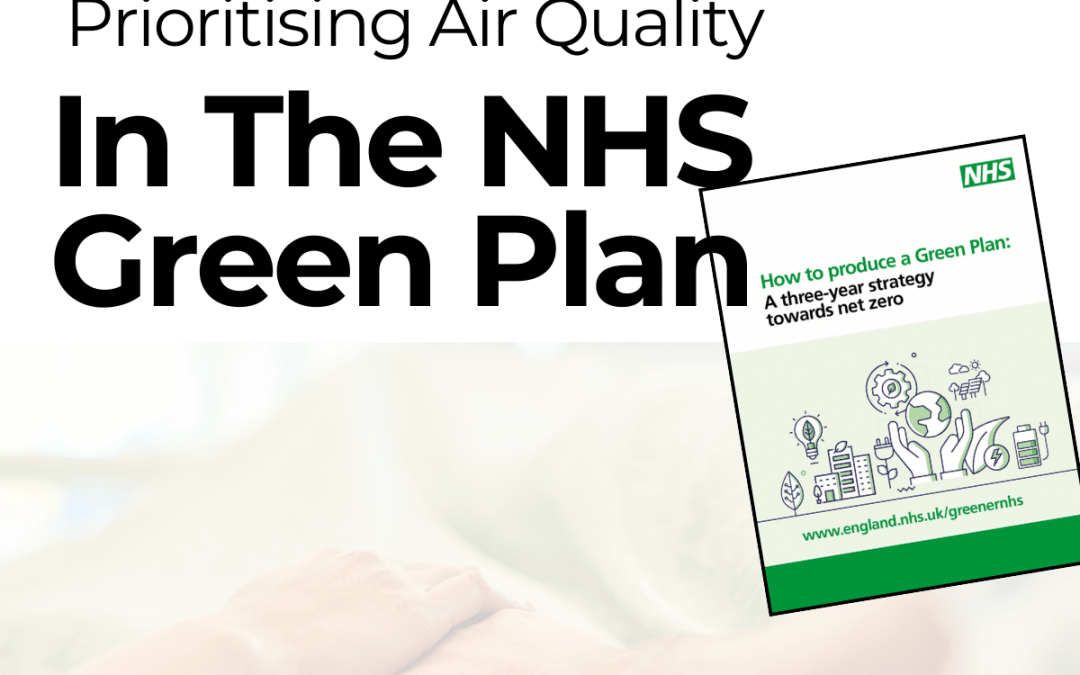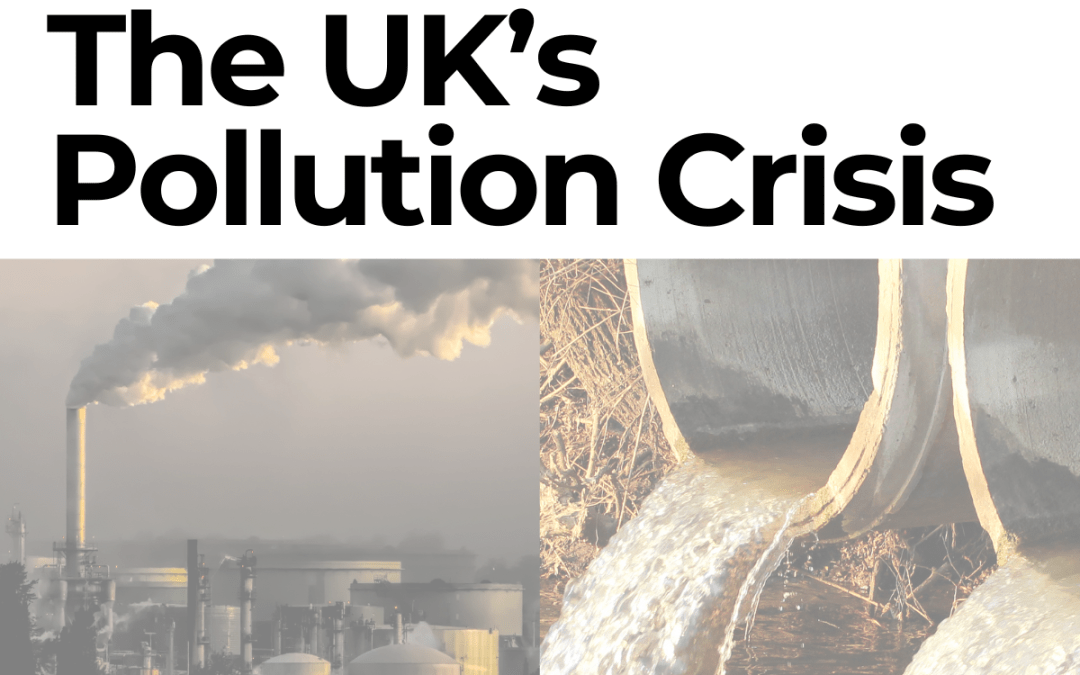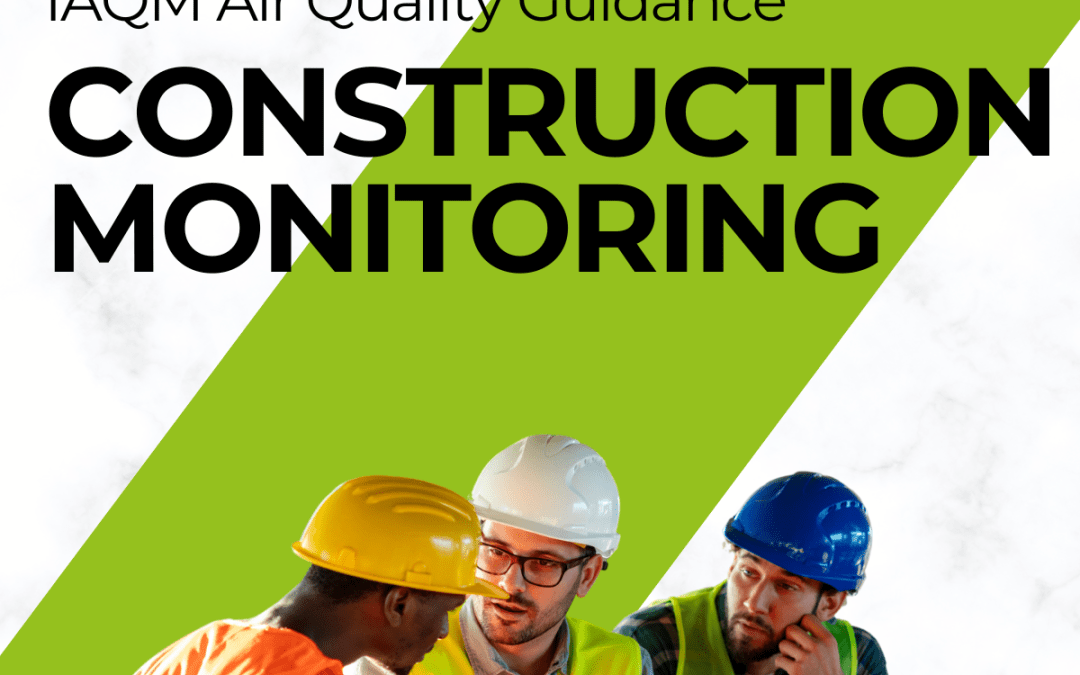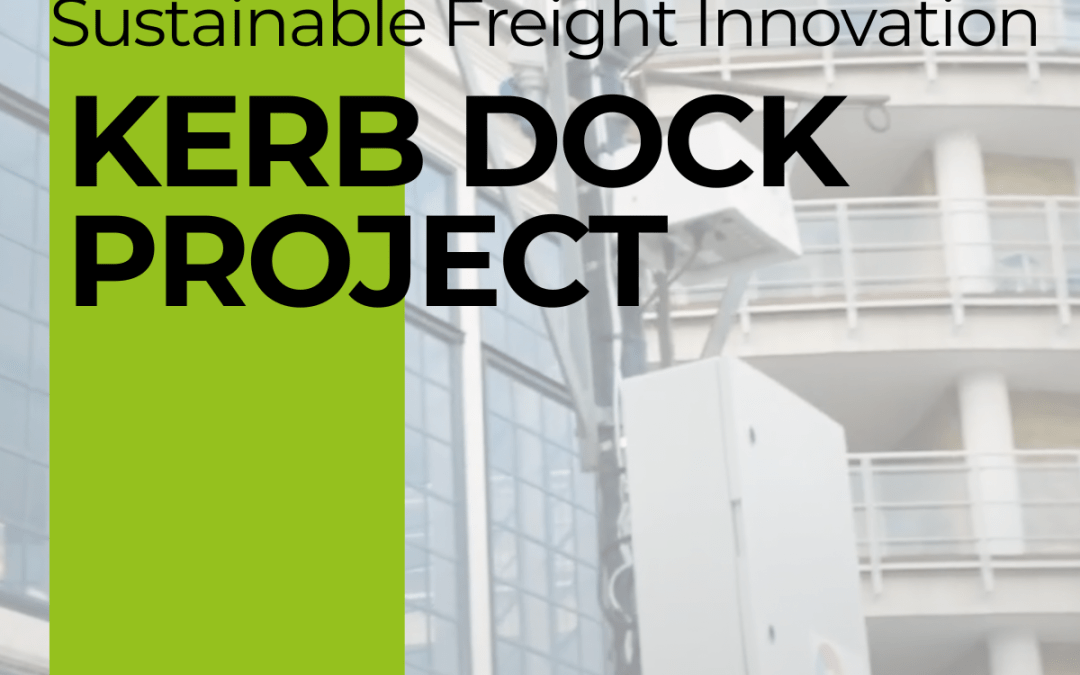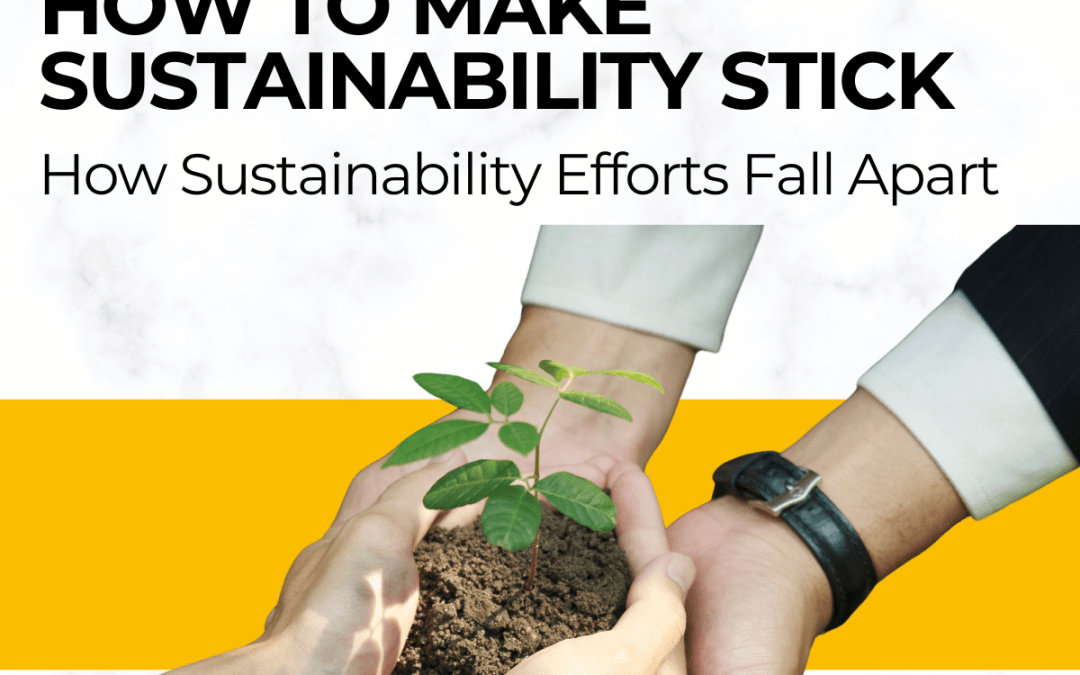On 12th April, the UK will reopen restaurants and shops, ending some of the key aspects of the lockdown. It is therefore timely to look at the likely impact on air pollution.
As we watched the UK enter into the first lockdown, a slew of headlines announced that air pollution had significantly dropped and the air was finally clean enough to breathe again. The price was the closure of the economy and a sharp reduction in transport. This situation was not sustainable and couldn’t continue. By the end of the first lockdown in July 2020 and the reopening of businesses and services pollution once again began to increase.
The story in the data
The site we analysed is based in the City of London, at this site the first lockdown saw the most impactful reduction of NO2 and PM pollution. Interestingly the subsequent lockdowns have only had a slight decrease in pollution. We believe this is possibly due to the unprecedented nature of the first lockdown on economic activity and the continuation of key sectors such as construction in the second and third lockdowns.
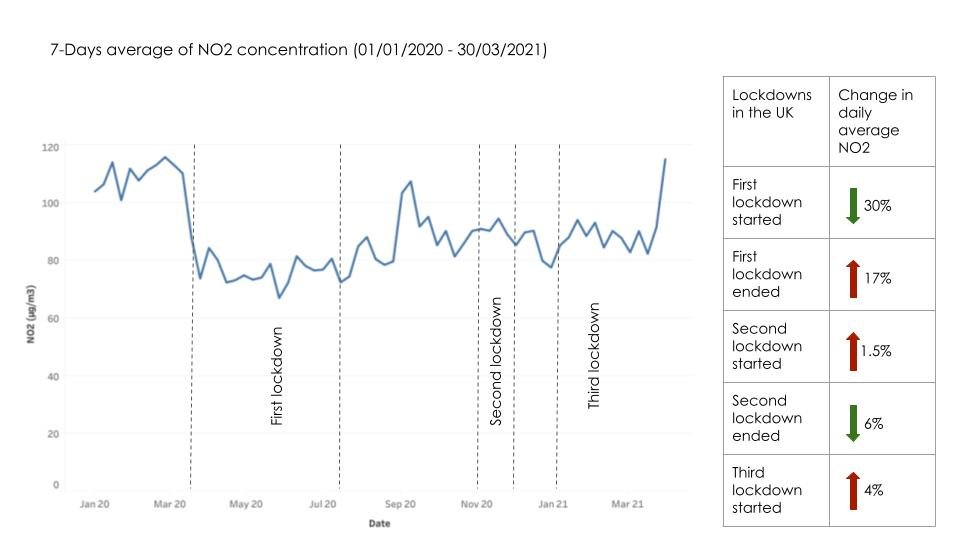
Since July, there have been pressures to reopen the economy, end furlough, open schools, and restart trading, this explains the rise in pollution between July-November.
Specific patterns of activity exist around the local area of the site that may explain the pattern in the data since November. The City of London is home to thousands of offices. Before COVID, the daily population would jump 56 times on the average weekday. As travel patterns have not resumed to pre-COVID levels, we should not expect to see the equivalent pre-COVID levels of pollution even following the end of lockdown. We therefore see a slight rise in pollution from July but not to Jan-Feb 2020 levels. Other locations would likely have experienced different patterns in business activity and pollution.
Nothing has fundamentally changed. Expect pollution to rise.
While pollution levels have dropped since March 2020, the fundamentals have not changed. There have been no changes to legislation, technology, or behavior that suggest pollution can remain low. The UK government has delayed the introduction to the Environment Bill and there have not been any major moves away from diesel vehicles.
In 2021, as we come towards the end of the third lockdown, we need to ask if we are prepared to mitigate against pollution once the economy reopens. What technology and tools are businesses and local authorities using to enable the pollution reduction can be locked in and sustainable.
The health case for improving air quality is clear.
– Almost 17,000 premature deaths a year from respiratory diseases in the UK due to air pollution (CBI Economics, 2020)
– 9 year old Ella Adoo-Kissi-Debrah, from London, last year became the first person to have air pollution listed as a cause of death.
Pollution from logistics operations in urban areas cities, particularly deliveries for commercial construction sites, are a major contributor to the problem. Businesses need a way to easily target the source of the problem so that they can take quickly to reduce pollution.
EMSOL empowers organisations to take steps every day to make a lasting difference in reducing pollution and meeting clean air targets. EMSOL goes beyond passive pollution monitoring, bringing together pollution data and fusing it with vehicle or asset location data to quickly and accurately identify real time sources of pollution.
If a pollution breach occurs on site or from a vehicle in the supply chain those who need to take action are instantly notified. The EMSOL platform shares pollution insights in secure, easy-to-understand cloud-based dashboards, with configurable views so everyone only sees what they should. Smart use of data can help us tackle this crisis, and EMSOL exists to help businesses unlock this potential.

